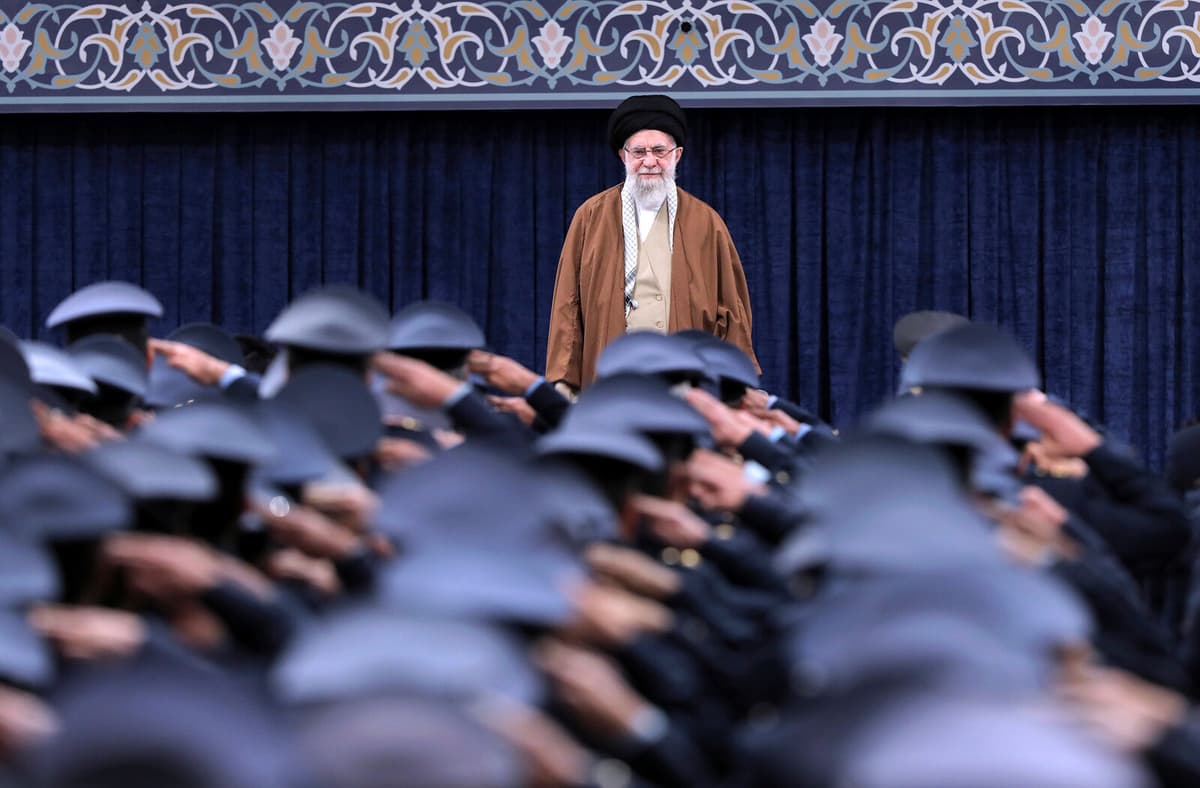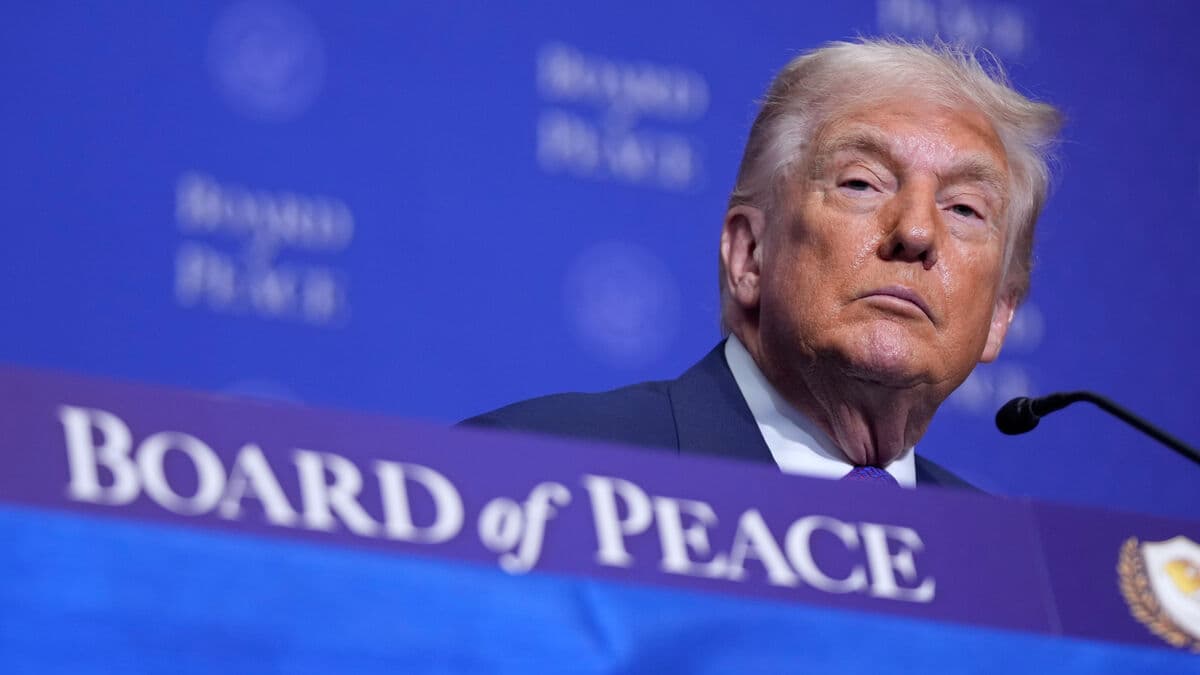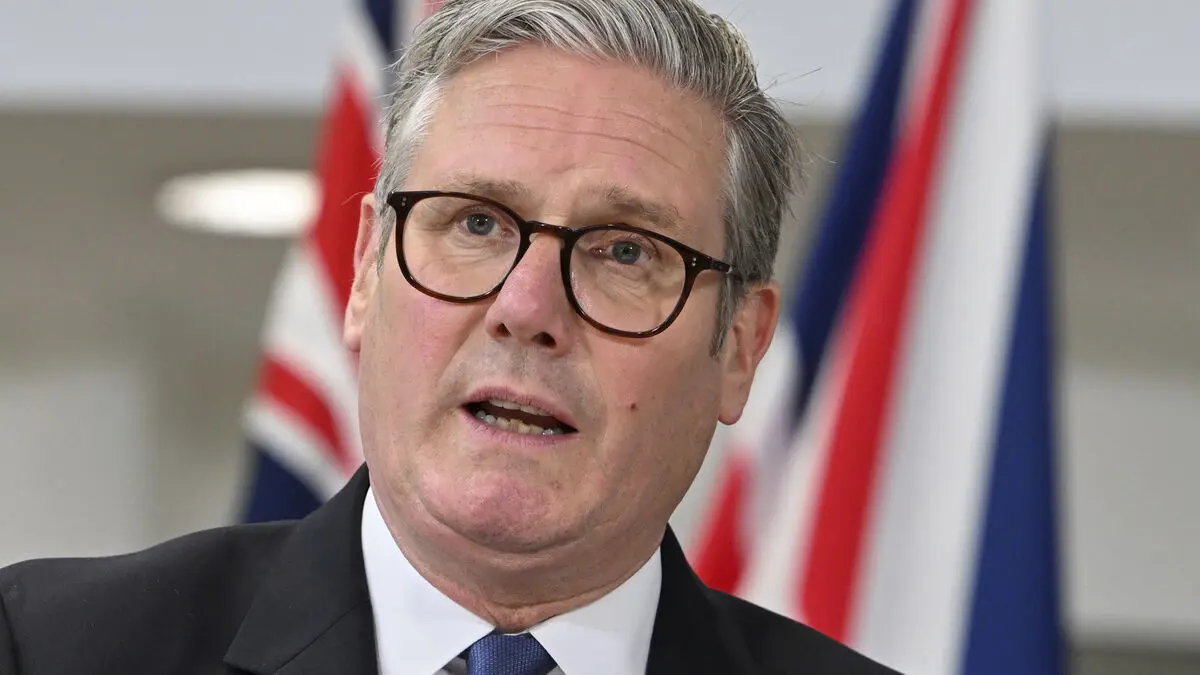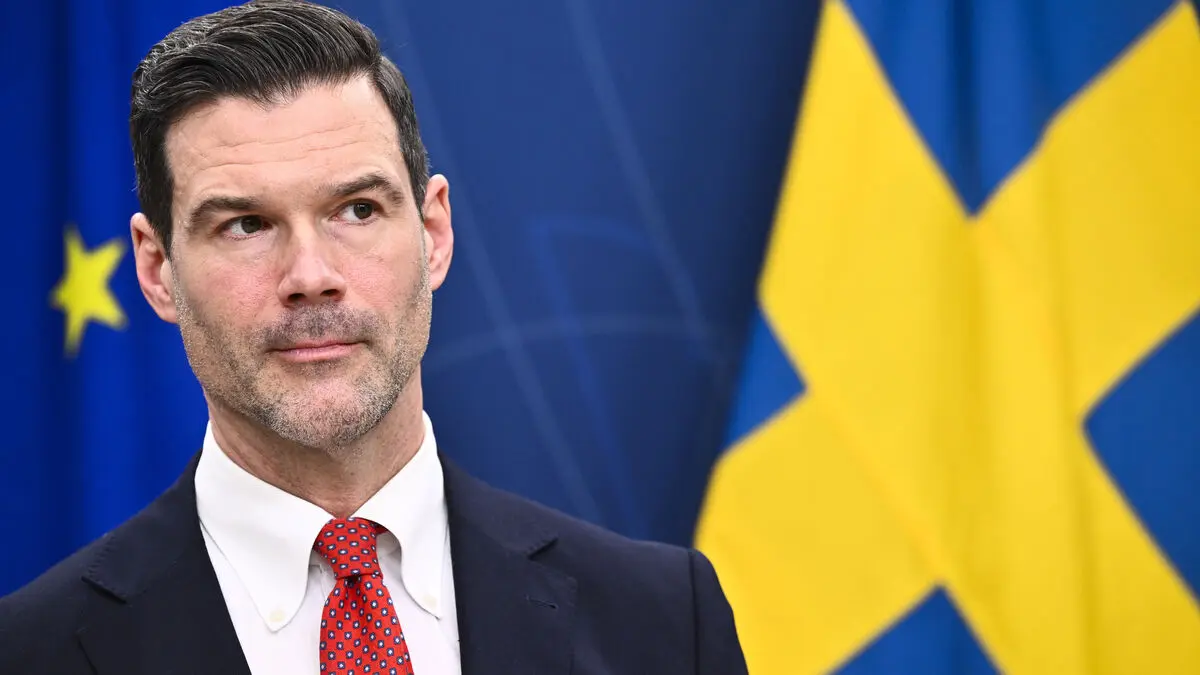The new sanctions, which were announced on Thursday, target a setup with shell companies that "enable the transport of millions of barrels of Iranian crude oil worth hundreds of millions of dollars" to China, according to the US Department of Finance.
According to the Iranian government, it is a matter of legal trade. A spokesperson for the Foreign Ministry in Tehran calls the new sanctions "illegitimate, illegal" and a violation.
The new US government under President Donald Trump has announced a much tougher stance against Iran, which is to be based on "maximum pressure" to prevent the country from developing nuclear weapons.
Proposes new agreement
During Trump's previous term, the US left the international nuclear energy agreement JCPOA, which aimed to limit Iran's nuclear capacity in exchange for the easing of international sanctions. A year later, Iran took a step back from the agreement and increased uranium enrichment, although the country's government denies wanting to develop nuclear weapons.
When the US President signed his decision to increase pressure on Iran on Wednesday, he said he hoped it would not be necessary to use it. Trump said he wanted to reach a "verified" nuclear energy agreement, which he also called a peace agreement, that would "allow Iran to grow peacefully and prosperously" while prohibiting the country from having nuclear weapons.
"We should start working on it immediately and have a big Middle East celebration when it is signed and clear," the President wrote on social media.
He did not elaborate on how the terms would differ from those in JCPOA.
"Would be unwise"
There should be no negotiations with such a government, says Iran's Ayatollah and Supreme Leader Ali Khamenei in an appearance at the air force in Tehran on Friday.
Advertisement
It would be unwise, it would not be intelligent, it would not be honorable to negotiate.
During the US presidential election campaign, Iran was seen as signaling that the country was willing to negotiate on the matter, in order to avoid some of the sanctions that are hitting the Iranian economy hard.
The nuclear energy agreement JCPOA was signed in 2015 by Iran and what is called "P5+1" – the five permanent members of the UN Security Council (France, China, the UK, Russia, and the US) plus Germany.
The agreement aimed to prevent Iran from developing nuclear weapons.
In exchange, international sanctions against Iran would be lifted. JCPOA provided, among other things, insight into Iran's atomic energy program while this was significantly limited.
In 2018, however, the then US President Donald Trump left the agreement, and since then, it has creaked at the seams. The US reintroduced tough sanctions against the country, which has affected other countries' ability to trade with Iran.






